Speakers
Dr. André Kuipers
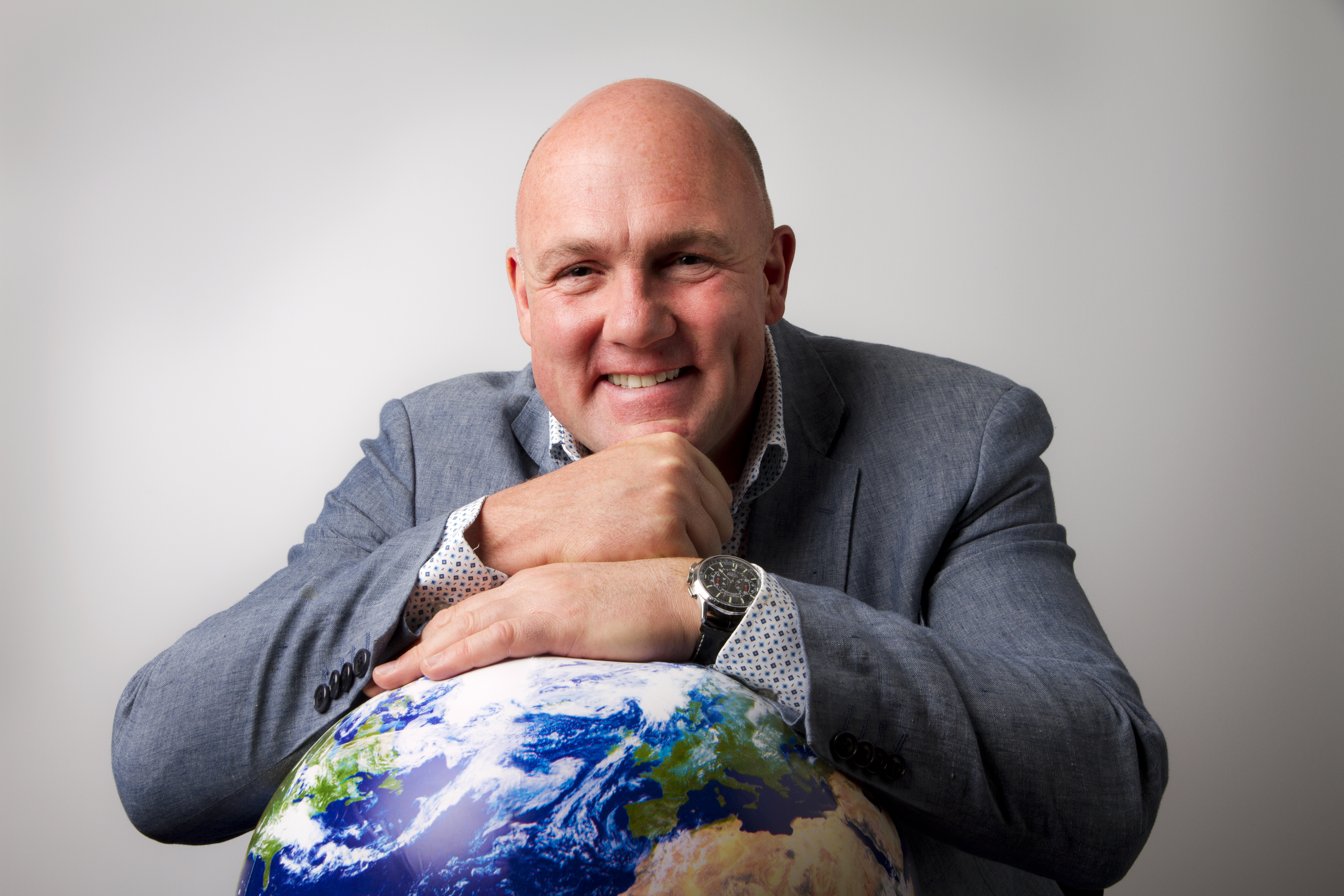
Biography
Astronaut & Ambassador of Earth.
André Kuipers is the first Dutchman with two space missions to his name. His second mission is the longest spaceflight in European history. In total the ESA astronaut spent 204 days in space: 11 days during mission DELTA in 2004 and 193 days during mission PromISSe.
After years of training in Houston, Moscow, Cologne, Montreal and Tokyo, a Russian Soyuz spaceship launched André and his two crew members from Russia and America on the 21st of December 2011 from Kazakhstan. Two days later he arrived at the International Space Station to live and work for six months. On board he was not only a medical doctor, scientist and flight engineer, but also handyman and ambassador for several charities. On the 1st of July 2012, André returned to Earth and landed in his space capsule in the Kazakh steppe.
Astronaut André Kuipers offers a unique look behind the scenes of international human spaceflight. He shares his story about the training, the mission and his exceptional view of our planet.
Michael Haupt

Biography
Michael Haupt is a certified Strategic Foresight Practitioner, General Systems Theorist and Executive Director, Project 2030, EARTHwise Centre. He is also a single dad to a daughter who will turn 21 in 2035. She is the reason he retired from a 25-year technology career to dedicate the remainder of his life to finding systemic solutions to intractable planetary problems.
Michael's current project is the Tipping Point Framework (TPF), a Large Scale Collective Action strategy in response to the human condition. His focus within the necessarily complex framework is TPF Feedback Loops: a new operating system for tracking human progress. Michael will share lessons learned on his journey to operationalise the transition from stagnant societies to a thrivability civilisation and what role IT could play in tackling climate change
Prof. Dr. Norman Kerle
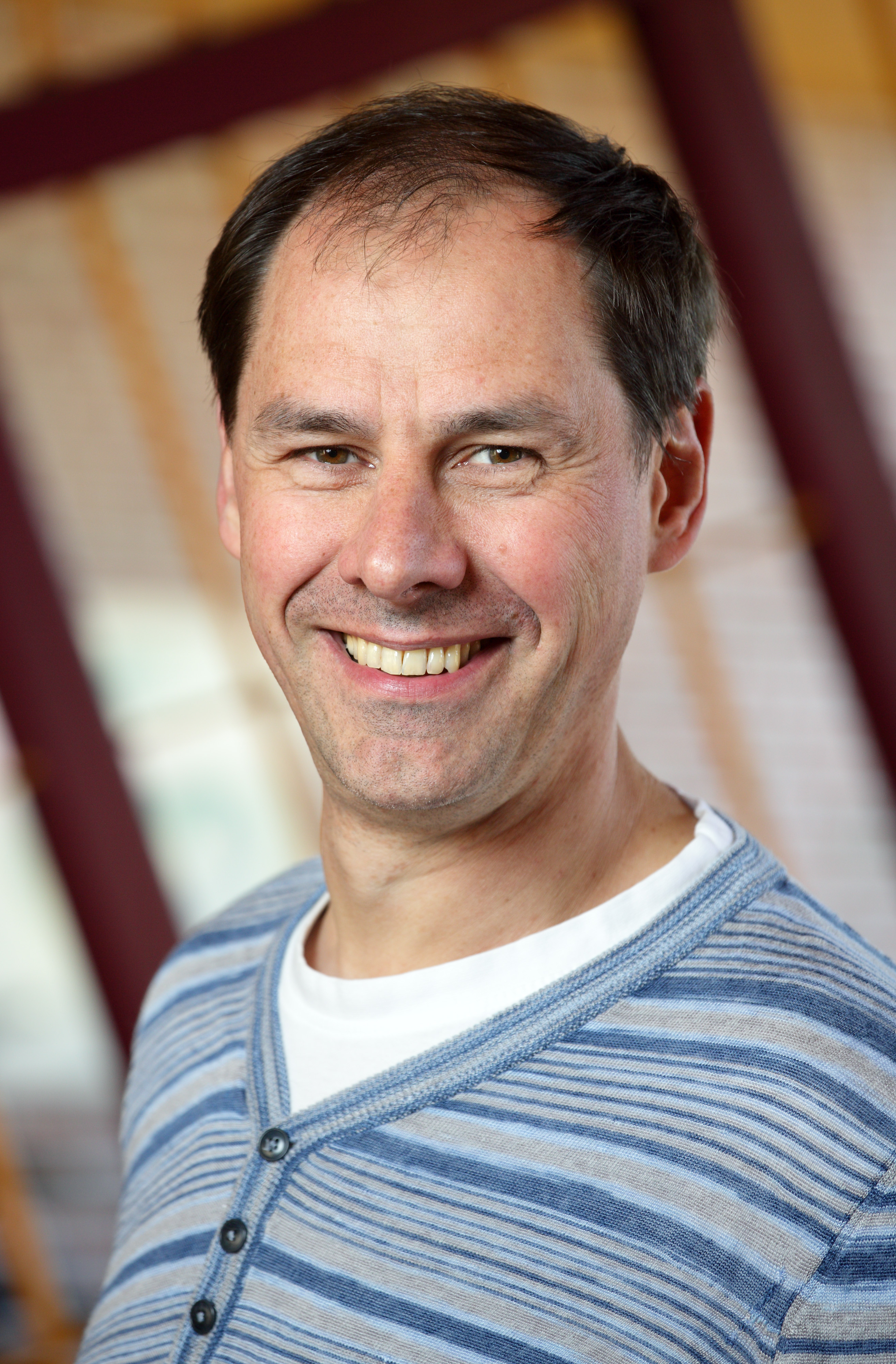
Biography
Prof. Dr. Norman Kerle holds a chair for remote sensing and disaster risk management at the faculty Geoinformation Science and Earth Observation (ITC) at the University of Twente in Enschede. His work has been combining the two domains for more than 20 years, including his PhD research in volcano remote sensing (2002) at the University of Cambridge (UK). His main research interest centers on post-disaster response and damage assessment with geodata, where the deployment of many novel satellite systems over the last 2 decades has led to highly diverse methodologies to assess the consequences of disasters. The proliferation of both experimental and commercial drones/UAV over the last 10 years has been even more remarkable, and has allowed damage assessment at a far more sophisticated level. Recent methodological advances very well illustrate a shift from more traditional image processing and photogrammetry approaches towards state-of-the-art computer vision and computer science methods. In recent years the damage assessment work has been extended to include also post-disaster recovery assessment, coupled with macro-economic modelling, both linked to resilience, and includes the use of crowdsourced information/VGI.
Dr. PJ Wall
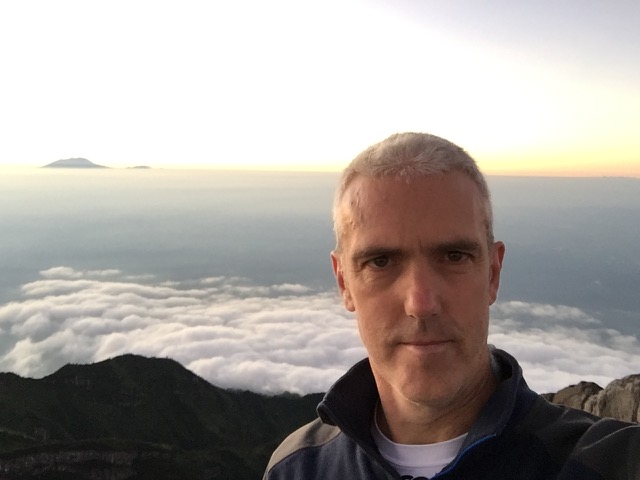
Biography
Dr P.J. Wall is a researcher and lecturer with the ADAPT Centre (www.adaptcentre.ie) in the School of Computer Science, Trinity College Dublin. His research examines technological innovation in the Global South (ICT4D) with particular focus on the use of mobile devices/apps and artificial intelligence, and the ethical implications associated with using such technology in this context. His main interest concerns the social, cultural, and political aspects of the implementation and use of these technologies. His current research is based in Sierra Leone and examines the role of mobile phones in reconfiguring public health systems and practices (mHealth), as well as an exploration of how such mobile devices are implemented, adopted, scaled, and sustained.
Roalt Aalmoes
NLR
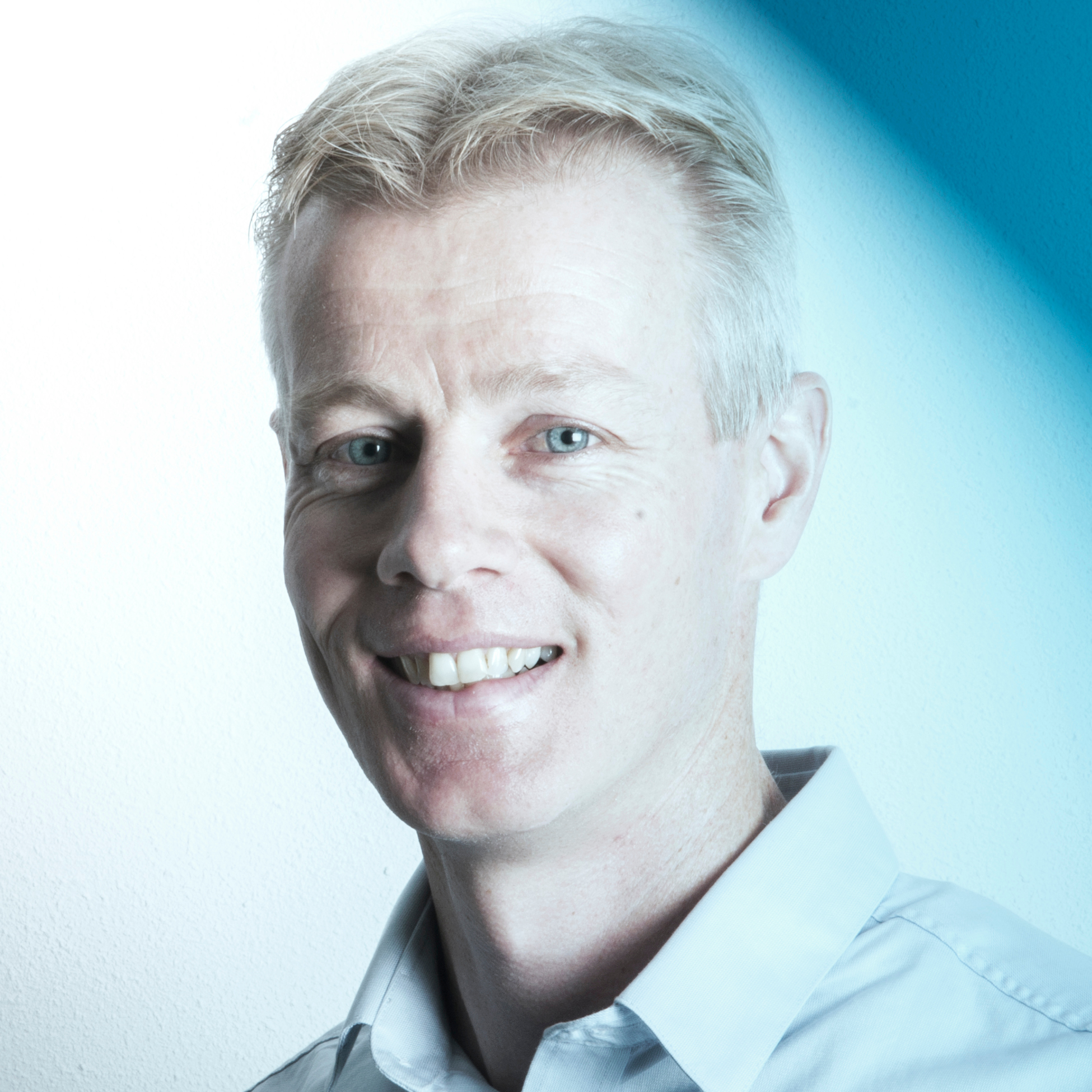
Biography
Roalt Aalmoes received his Master's Degree in Computer Science at the Twente University in Enschede, The Netherlands. He graduated on the topic of video compression over low-bandwidth lines. After his study in 1996, he started working at the NLR to work on safety-critical avionics software for helicopters. After three years, Roalt joined the Air Traffic Management department at NLR where he helped to develop the NARSIM Tower Air Traffic Control simulator. He further worked in National and European projects to enhance capacity, improve safety, and efficiency of aircraft operations. Since 2011, Roalt works at the Environmental and Policy department as R&D Engineer. He has been involved in projects to develop new models to assess environmental impact of aircraft, improve efficiency of these models using GPUs, and applying serious games for change management. Lately, Roalt has been actively involved in development of the Virtual Community Noise Simulator, an immersive solution to do research and communicate on the impact of aircraft noise, and other noise sources, for exposed communities.
Ramon Ankersmit
Topicus
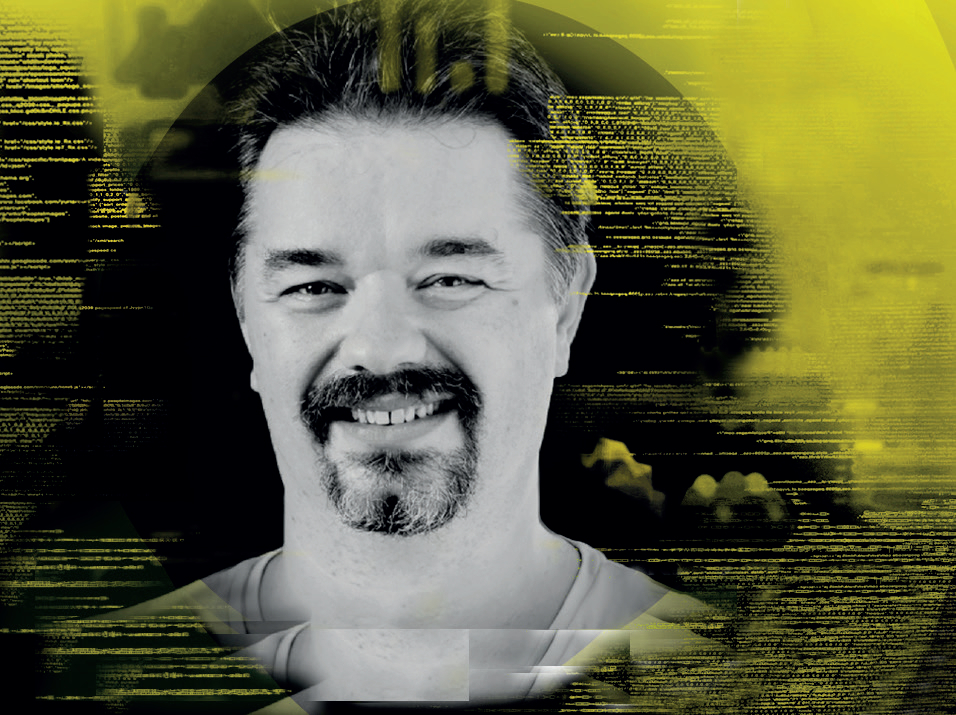
Biography
People often call me energetic, curious, analytical and innovative; sitting still is not in my nature. motto is that there is an innovative solution for every challenge! I studied Technical Informatics at the University of Twente where I graduated in 2000 in the field of neural networks in biomedical informatics. After having worked for several years as a software engineer at various companies, I have in recent years been active within Topicus as a product owner and have been involved in various technically innovative projects. Machine learning and related A.I. technology issues have my attention and interest in which I try to practically apply this technology within product and software development.
If you want to know more about me, visit https://www.linkedin.com/in/ramonankersmit/.
Guido
AIVD

Biography
Guido currently works as lead Security Operations at the AIVD
Dr. J. J. Cardosa de Santanna & Cristian Hesselman
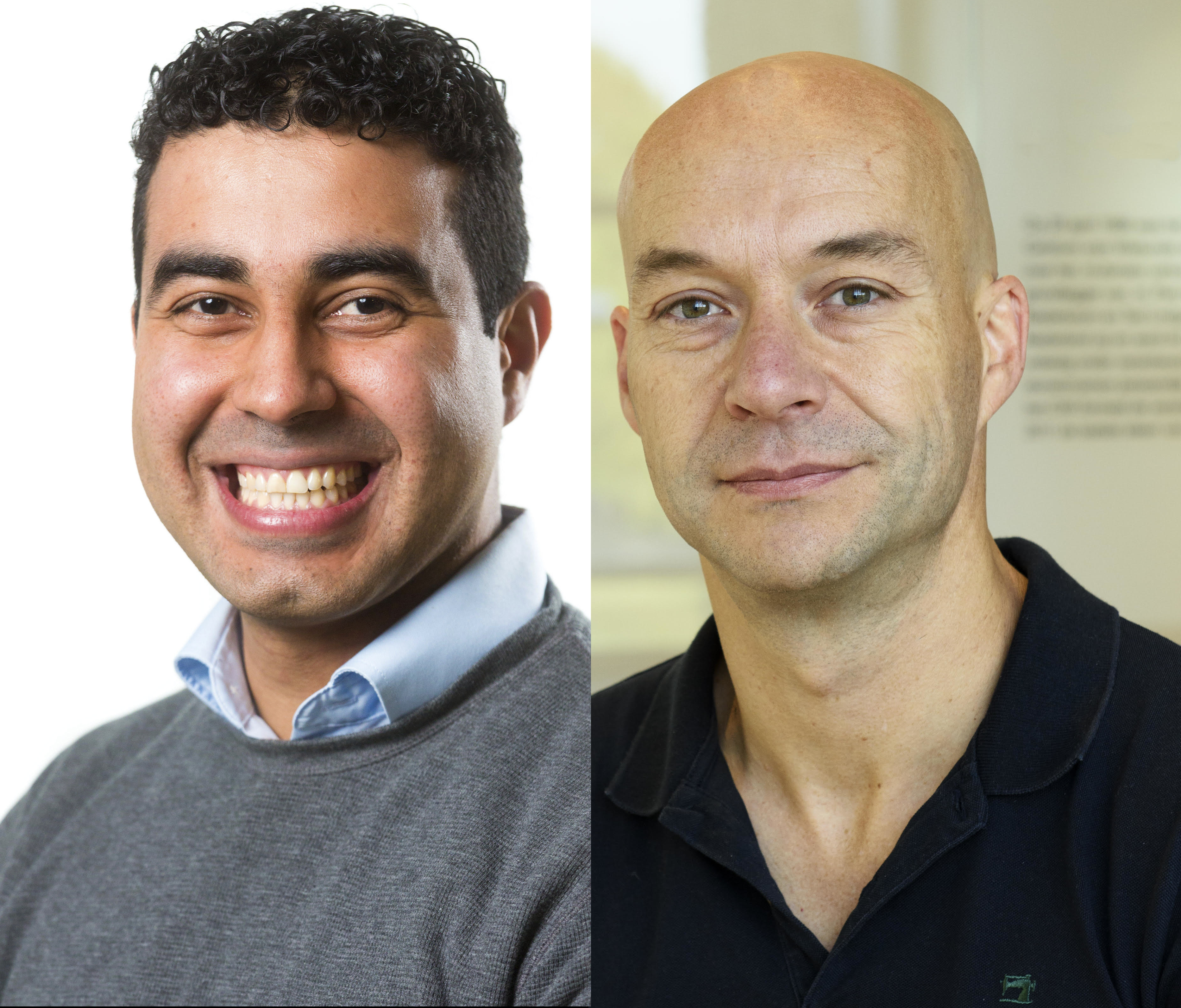
Biography
Jair Santanna is an assistant professor at University of Twente. He provides technical support to the Team High Tech Crime Unit Police on digital forensics. He is the creator of the technical solutions in the Dutch Anti-DDoS Coalition.
Besides being known in the academic community, in 2018, he won a national competition as ”the best science communicator of the Netherlands”. This achievement only highlights his passion for public speaking and a guarantee of an entertaining presentation.
He can be reached at j.j.santanna@utwente.nl.
Cristian Hesselman directs SIDN Labs, the research team of the operator of the Netherlands’ national top-level domain, .nl. His research focuses on Internet measurements and mechanisms that increase the trustworthiness of internet communications, both in the current Internet as well as in future internet infrastructures.
Cristian is a member of SIDN’s leadership team, member of the Security and Stability Advisory Committee at ICANN, part-time associate professor at the University of Twente, and chair of the board of directors at NLnet Labs. He holds a Ph.D. (2005) and an M.Sc. (1996) in Computer Science from the University of Twente, the Netherlands.
He can be reached at cristian.hesselman@sidn.nl.
Ruud Verbij & Ties Dams
KPMG & Clingendael
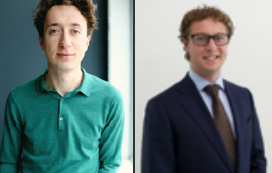
Biography
Ties Dams is Research Fellow at the Clingendael Institute, strategist at Aleph and writer. Last year he published a book De Nieuwe Keizer (The New Emporer), a study into the life and reign of president Xi Jinping, published by Prometheus. Ever since he is involved in the China Centre at the Clingendael Institute and is often asked to explain geopolitics on national TV and radio, such as at Buitenhof and Nieuwsuur.
Through Aleph, his personal advisory firm, he helps leaders from the public and private sector on strategy design. Amongst other, the Ministry of Foreign Affairs is a client. He teaches master classes in grand strategy at the University of Amsterdam (UvA) and is currently writing a second book, a philosophical exploration of Europe’s geopolitics.
Ruud Verbij is manager cyber security at KPMG Netherlands and a former graduate Computer Science from Twente University, Radboud University of Nijmegen and the Technical University of Eindhoven (Kerckhoff master in security).
At KPMG, Ruud advises clients on cyber security strategy, governance, risk and compliance. He likes translating difficult technical topics into understandable bits for boardrooms. He enjoys complex, international and multidisciplinary challenges in tense political environments. Together with Ties Dams, he wrote the discussion paper for the Dutch Transformation Forum on the new nexus of security, digitalization and geopolitics.
Jan Hendrik Croockewit
Nedap
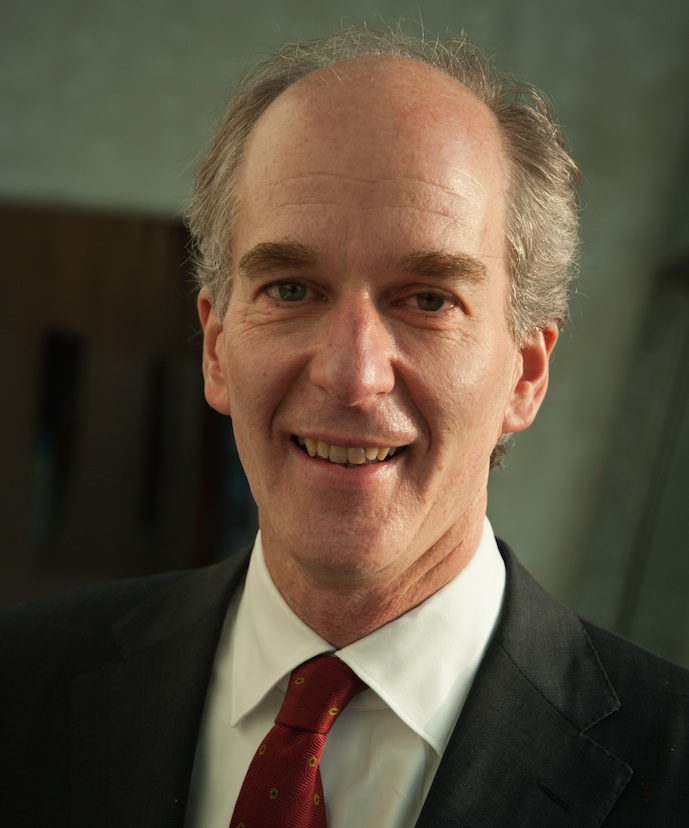
Biography
After obtaining his degree in Physics from Delft University of Technology, Croockewit joined global technology firm Nedap in 1988. Starting out in production, he moved on to patent administration at the company’s R&D department.
In 1996, Croockewit founded Nedap’s new healthcare division, providing medical and healthcare solutions before branching out to the home care sector. During this time, he began to explore the soul of a product and created software with an opinion. Nedap healthcare, with more than 200 developers, is market leader with software in the care market.